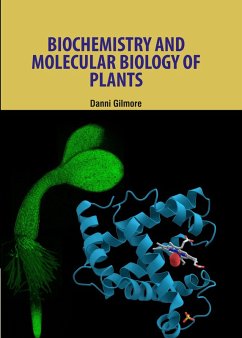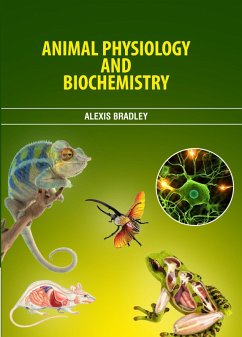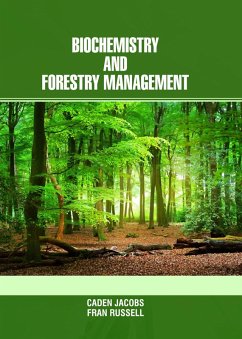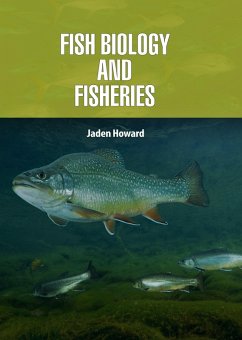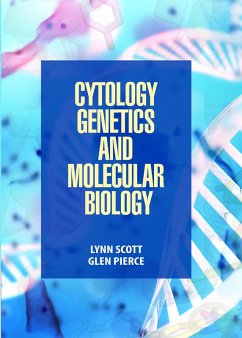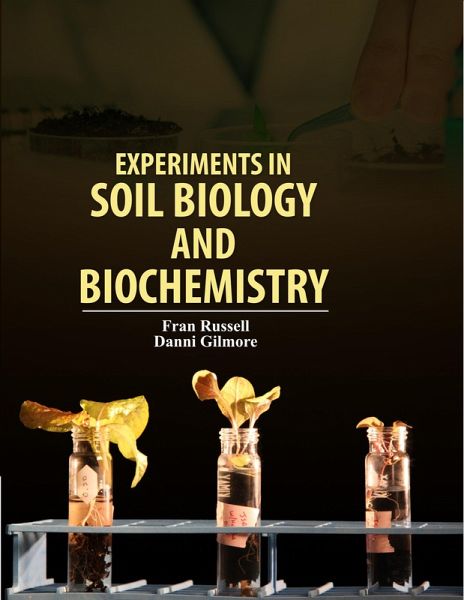
Experiments in Soil Biology and Biochemistry (eBook, ePUB)

PAYBACK Punkte
70 °P sammeln!
Soil science is the study of soil as a natural resource on the surface of the Earth including soil formation, classification and mapping; physical, chemical, biological, and fertility properties of soils; and these properties in relation to the use and management of soils. Soil biology is the study of microbial and faunal activity and ecology in soil. Soil life, soil biota and soil fauna are collective terms that encompasses all organisms that spend a significant portion of their life cycle within a soil profile, or at the soil-litter interface. Soils are rich ecosystems, composed of both livi...
Soil science is the study of soil as a natural resource on the surface of the Earth including soil formation, classification and mapping; physical, chemical, biological, and fertility properties of soils; and these properties in relation to the use and management of soils. Soil biology is the study of microbial and faunal activity and ecology in soil. Soil life, soil biota and soil fauna are collective terms that encompasses all organisms that spend a significant portion of their life cycle within a soil profile, or at the soil-litter interface. Soils are rich ecosystems, composed of both living and non-living matter with a multitude of interaction between them. Soils play an important role in all of our natural ecological cycles. They also provide benefits through their contribution in a number of additional processes, called ecosystem services. These services range from waste decomposition to acting as a water filtration system to degrading environmental contaminants. Soil biochemistry is one of the branches of soil science dealing with the formation and decomposition of soil organic matter, biochemical reactions of carbon, nitrogen, phosphorus, sulfur, metals and xenobiotic in soils, and biochemistry of the plant-root rhizosphere. The book will suit to the needs of students, teachers, scholars and general readers.
Dieser Download kann aus rechtlichen Gründen nur mit Rechnungsadresse in A, B, BG, CY, CZ, D, DK, EW, E, FIN, F, GR, HR, H, IRL, I, LT, L, LR, M, NL, PL, P, R, S, SLO, SK ausgeliefert werden.




